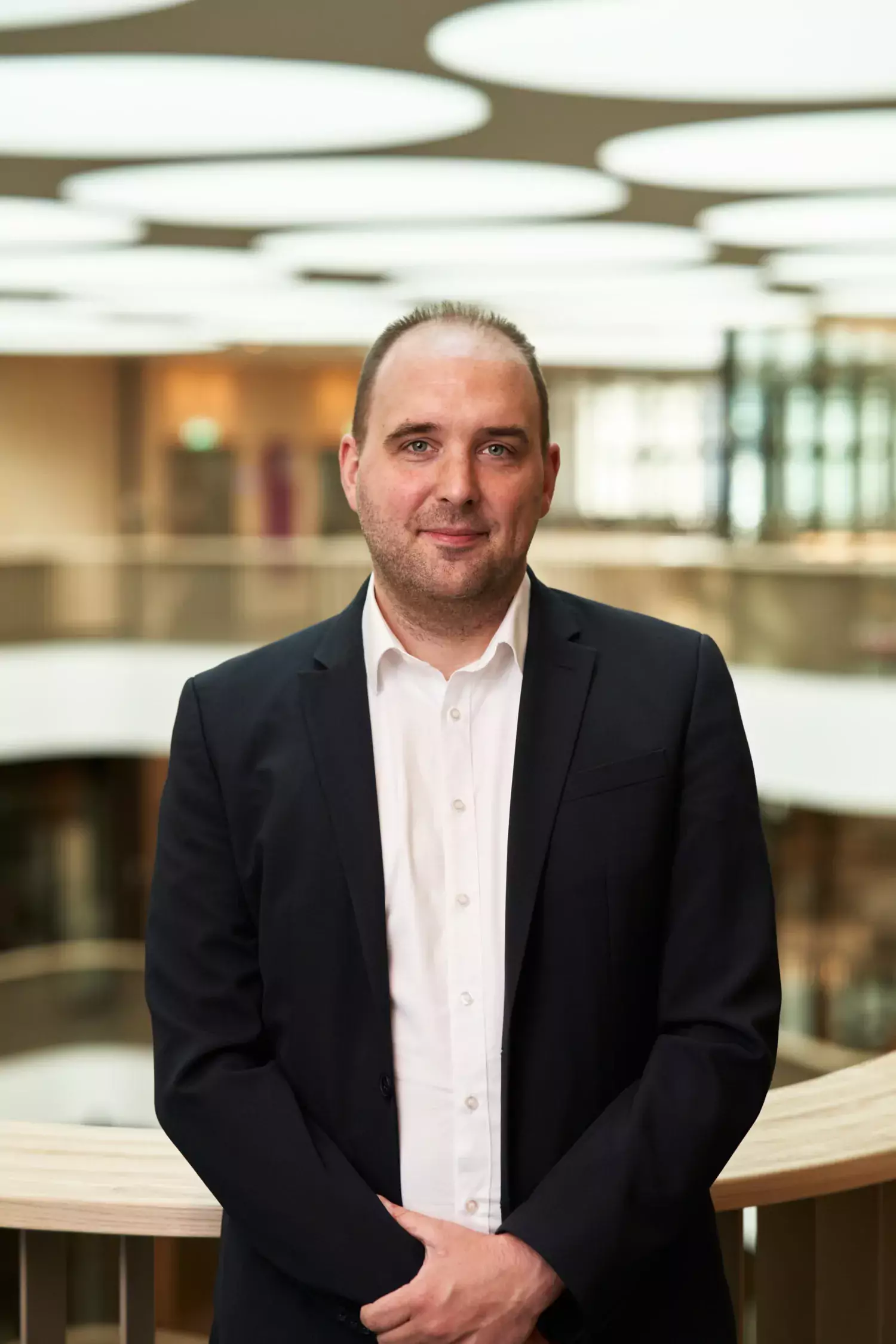Creating 3D models for drug development
Volker Lauschke uses three-dimensional models of human organs to study drug candidates and disease mechanisms. The models are called spheroids and when combined can provide answers as to how organs influence each other in health and disease.

What are you researching?
“I’m researching small 3D models of organs known as spheroids, which can be used to unravel disease mechanisms and to develop novel drugs. Spheroids are created from human tissue samples and are more like us than cultivated cell lines or animal models. They can also be combined to study interactions between different organs.”
How much progress have you made?
“We started with a method of creating spheroids for the liver. Since then, we’ve moved onto adipose tissue, the pancreas and the skeletal musculature. We now have techniques that work for all these tissues and can use each of them separately in our research or combine different kinds in integrated platforms. This involves placing the spheroids, which are less than a millimetre in size, beside each other in a perfused plastic chip in a process called microfluidics. We’ve already combined two different kinds of spheroids in this way and will gradually increase the complexity. Using such chips, we are currently studying the interaction between the liver and adipose tissue in non-alcoholic fatty liver disease.
During the pandemic, a study we conducted using spheroids confirmed that baricitinib was effective against severe COVID infection.”
How do you plan to use spheroids in the future?
“We chose these four tissue types because we want to study the complex interaction between different organs in type 2 diabetes and other metabolic diseases. But the technique has much wider applications and is easy to adapt. One thing we are looking forward to is integrating cultures of gut tissue and blood vessels from groups that we’re collaborating with.”
Text: Anders Nilsson, in translation from Swedish
First published in the booklet ‘From Cell to Society 2023’
About Volker Lauschke
Professor of Translational Pharmacology at the Department of Physiology and Pharmacology
Volker Lauschke was born in 1984 in Cologne, Germany. After studying molecular and cell biology, he graduated with a PhD from the European Molecular Biology Laboratory (EMBL) in Heidelberg. In 2014, he joined Karolinska Institutet, where he did his postdoctoral research until 2016. In 2017 he formed his own research group.
Volker Lauschke was made docent in 2018, and in the same year was made director of Karolinska Institutet’s Biofabrication and Tissue Engineering Facility (Biofab).
Volker Lauschke was appointed Professor of Translational Pharmacology at Karolinska Institutet on 1 March 2023.
